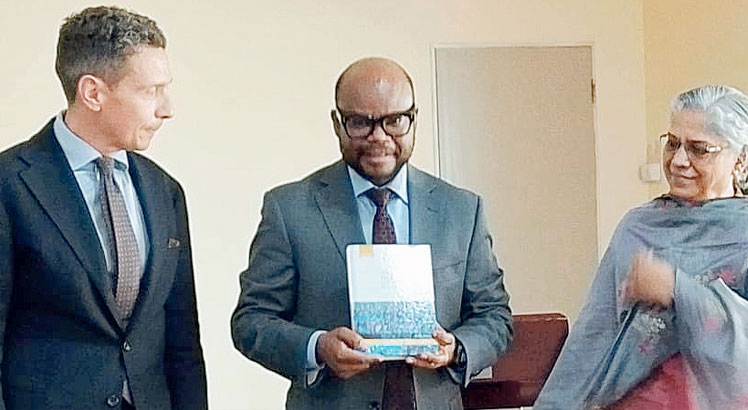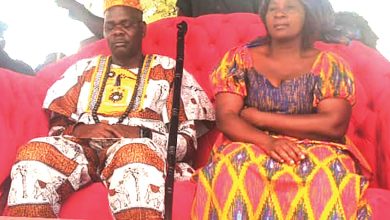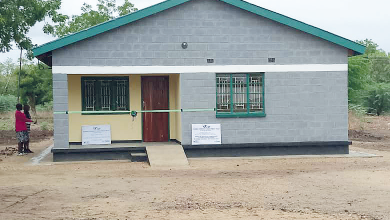Parties use violence to control elections—study
It has emerged that political violence in Malawi and other African countries is a calculated strategy by political parties to control territory and influence voters.
Findings of a study presented in Lilongwe on Tuesday during the launch of a book titled ‘Controlling territory, controlling voters: The electoral geography of African campaign violence’ authored by a Michigan State University Professor Michael Wahman indicated that electoral violence in Africa is rarely random, but rather an organised tool used by parties to manipulate geography and voter turnout.
The book is based on 10 years of research comparing Malawi and Zambia, examining how campaign violence shapes democracy and voter behaviour.

In an interview after presenting his study, Wahman called for stronger accountability, saying violence persists because it is low-cost and poorly documented.
He said: “The key conclusion here is that we have to work with stakeholders and make it really costly for violence on perpetrators. It is very clear that Malawians do not want violence, and that is the same in Zambia. These are not things that are benefiting the electoral processes or democracy and in the end, it is not even benefiting the candidates either.”
The findings further show that in their strongholds, governing political parties use intimidation to keep opposition supporters away from polling stations, while in weaker areas, they use violence to disrupt rival campaigns.
Reacting to the findings, Institute for Policy Interaction executive director Nandini Patel, who was present at the launch, said the research provides a critical perspective on Malawi’s democracy.
She said: “It shows that electoral violence is rarely accidental. Recognising its logic helps us design safeguards and accountability systems for free and fair elections.”
Contributing to the debate, Malawi Electoral Commission (MEC) chief elections officer Andrew Mpesi called for reforms to strengthen electoral management and coordination.
He said there is need for better inter-agency collaboration and accountability.
Political Science Association of Malawi spokesperson Mabvuto Bamusi, who was also in attendance, welcomed the study findings saying discussions on political violence must continue.
He said while the study is commendable, more research is needed to focus on how electoral reforms and the new 50+1 voting system affect violence.
In a separate interview, UTM Party vice-president Helen Chabunya, who also attended the event, said the book gives a fair assessment of Malawi’s political landscape.
Findings by a Chisankho Watch election observer team showed that the official campaign period for the September 16 General Election was marred by widespread violence, intimidation, vote-buying and creation of political ‘no-go zones’.
The first assessment covered the initial two weeks of the official campaign period of 60 days, which MEC launched on July 14 and ended on September 14.





